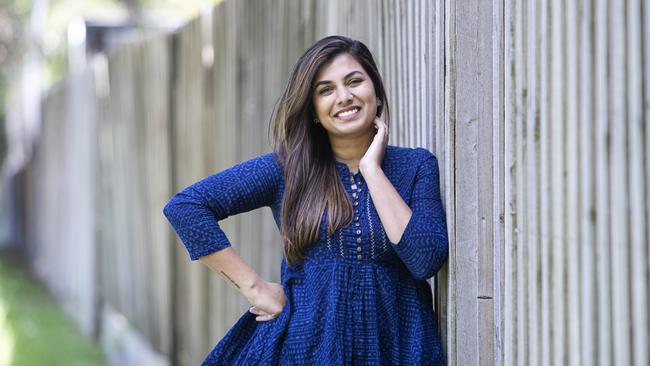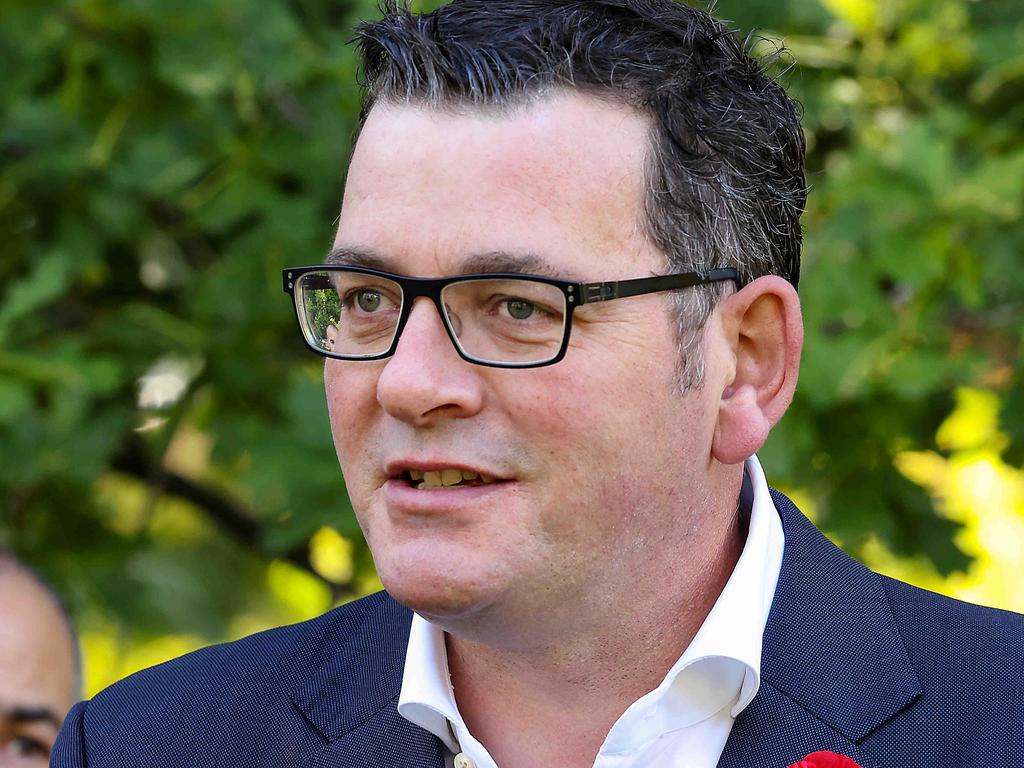Coronavirus: visible means of youth support
A national youth-focused mental health campaign tackling stigma by highlighting the experiences of young Australians launches on Monday.

A national youth-focused mental health campaign tackling stigma by highlighting the experiences of young Australians launches on Monday.
As many struggle after a year defined by isolation and disruption in the pandemic, a survey conducted by youth not-for-profit headspace has found three out of four young people believe mental health is still stigmatised.
Headspace chief executive Jason Trethowan said the first-of-its-kind Visible initiative aimed to normalise conversations around mental health in a bid to make it easier for young people to reach out for help.
“There are many reasons why young people don’t discuss their own mental health challenges and seek help, but we know stigma plays a big role,” he said.
“Spending time getting to know people impacted by mental health issues, hearing their stories and understanding their experiences, helps to change negative attitudes, reduce fear and reduce social distance.”
The digital exhibition Visible launches on Monday and showcases 12 works created by Headspace youth ambassadors from across Australia in collaboration with professional artists. Niharika Hiremath, 26, worked with dance artist Shyamla Eswaran to create a performance piece combining traditional Indian mudras [hand gestures] with alternative dance styles.
Ms Hiremath said in many ways Worthy was a love letter to her younger self, who struggled in the isolation of anxiety as she found herself trapped by the roles of daughter, friend and partner.
“I put myself back in the shoes of 17-year-old Niharika who was really kind of in the thick of it … seeing something like this would have been a game-changer,” she said.
Ms Hiremath, who lives in the suburb of Dingley Village in Melbourne’s far southeast, said the pandemic meant it was especially difficult for young people right now, who as well as preparing for the VCE and university were working out who they were as people. “It’s not just that it affects your school work, it’s not just that it affects your family relationships, it’s not just that it affects your social life,” she said.
“It’s everything and it’s every element of that, so absolutely I would say it’s especially difficult for young people.”
The number of Victorian children presenting to hospital for self-harm has increased by about a third over Melbourne’s lockdown when compared to the same period last year, while eating disorders among younger Victorians have also risen by 40 per cent compared to the previous year.
Mental Health Minister Greg Hunt said encouraging young people to reach out and look after their mental was critical as more than three-quarters of ongoing mental health conditions began before the age of 25. “Early intervention can help young people quickly get back on track and reduce the long-term impact of mental ill health, ensuring young people can achieve their full potential now and into the future.”
Ms Hiremath recommended the simple things, such as exercise and sleep, as well as being kind to one’s self, to help young people look after their mental health in the pandemic.








To join the conversation, please log in. Don't have an account? Register
Join the conversation, you are commenting as Logout